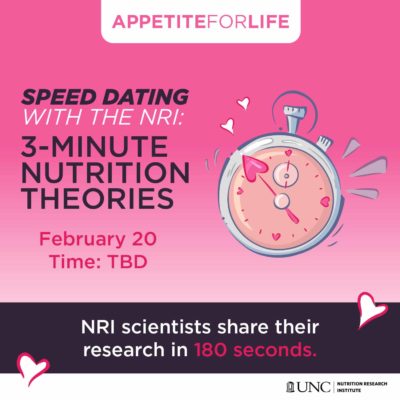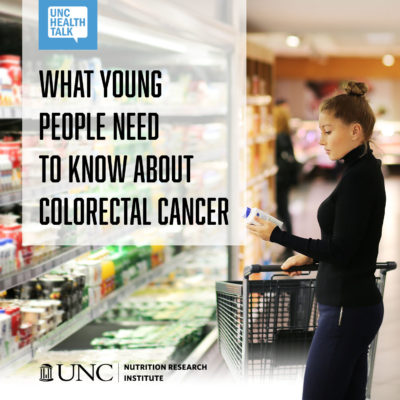Microbiome and Nutrition
The complex community of bacteria, yeasts and viruses living in our intestines, collectively known as the gut microbiome, is shaped, in part, by what we eat. Genetics, environment, and other factors also influence an individual’s microbial community. Research at the NRI investigates these complex relationships and their impact on disease risk. We use animal models and bioinformatics to study the associations between nutritional metabolites, gut microbiome, and health. What happens in the gut doesn’t stay in the gut. Your microbiome can play a role in cardiovascular disease, obesity and diabetes, and even cancer. Our team envisions a future where analysis of your microbiome can determine disease risk, and medical foods can be prescribed to treat and prevent disease by regulating the microbiome.
Publications
Microbiome and Nutrition Publications
2020
Population studies of TMAO and its precursors may help elucidate mechanisms. Meyer K
2019
Association of dietary patterns with the gut microbiota in older, community-dwelling men. Meyer K
2018
Meta-analysis of human genome-microbiome association studies: the MiBioGen consortium initiative. Meyer K
Human microbiota, blood group antigens, and disease. Sumner S
2017
Trimethylamine N-Oxide, the Microbiome, and Heart and Kidney Disease. Zeisel S
2016
Diet and Gut Microbial Function in Metabolic and Cardiovascular Disease Risk. Meyer K
Antibiotic-mediated gut microbiome perturbation accelerates development of type 1 diabetes in mice. Sumner S
Related News
STEM Night RSVP
Use the form below to RSVP.
Get Lightning-Fast Nutrition Insights at AFL!
POSTPONED: TIME & DATE TBD Appetite for Life Presents: Speed Dating with the NRI - Lightning-Fast Nutrition Insights Join us for a fast-paced, engaging evening where NRI scientists break down big nutrition ideas in just three minutes! At Appetite for Life: Speed...
VIP 2025 Application
Eat Move Think Research Study
Study Purpose:
We are researching whether consuming blueberries and exercising can support brain health as we age.
Recruitment Requirements:
• Ages 65–85 and experiencing memory issues
• Physically inactive (less than 150 min/week of moderate exercise in the last 4 weeks)
• Complete a survey to check eligibility
What Young People Need to Know About Colorectal Cancer
This article originally appeared on UNC HealthTalk. First, the good news: The rates of colorectal cancer (cancers of the colon and rectum) have been declining over the past 40 years, thanks to regular screenings and lifestyle choices such as healthy eating, staying...
Nutritional Impact on Gut Microbiota and Human Health
Study Purpose:
We are studying how food is broken down by human gut microbiota and how nutrition plays an essential role in overall health.
Recruitment Requirements:
• Ages 18–65 with a BMI: 18–25 or 30–40
• Generally healthy
• Not currently breastfeeding
• Not taking medications or antibiotics
• Complete a survey to check eligibility





